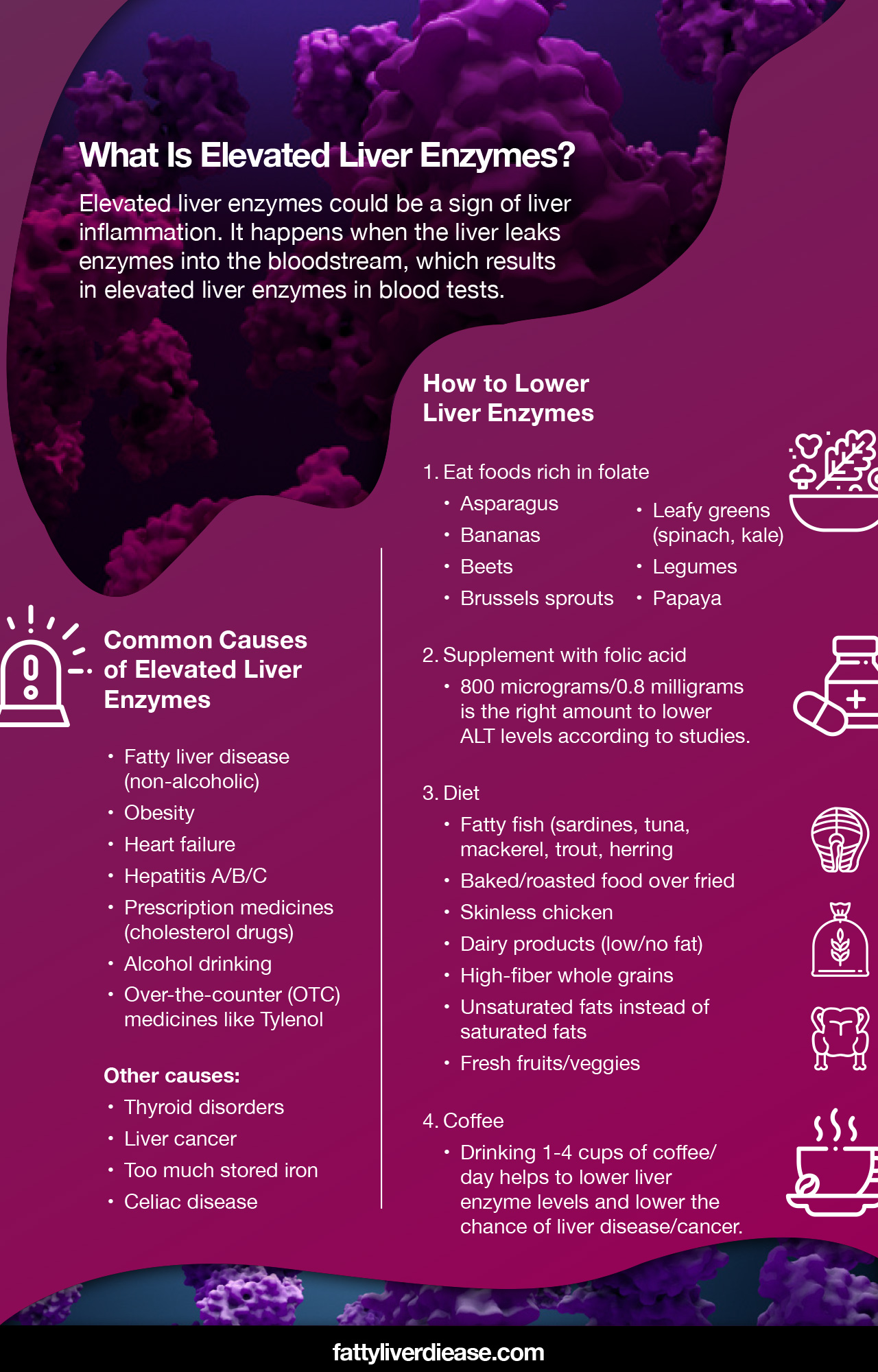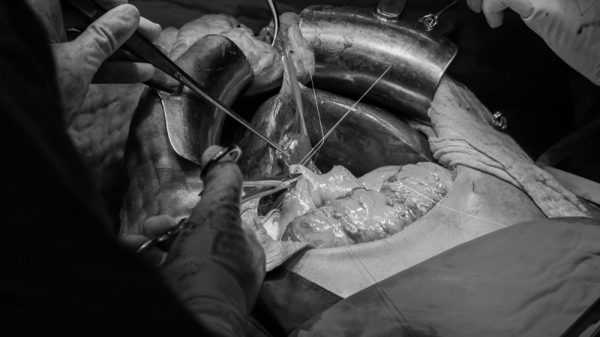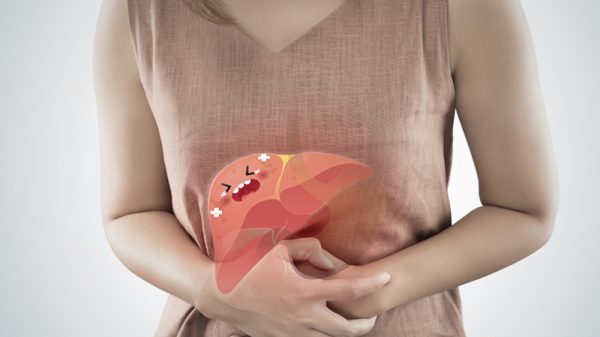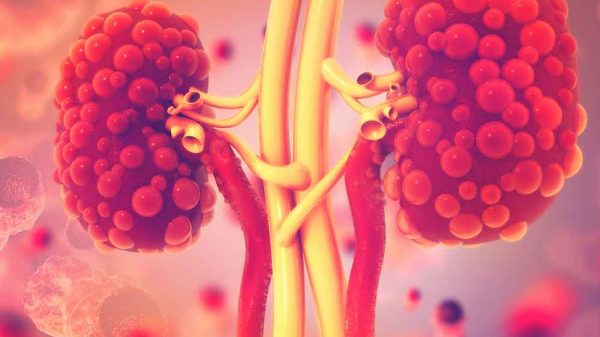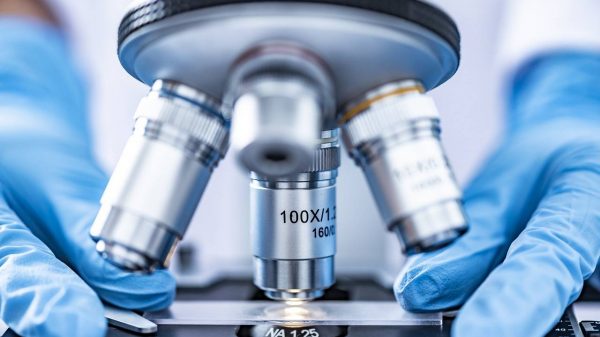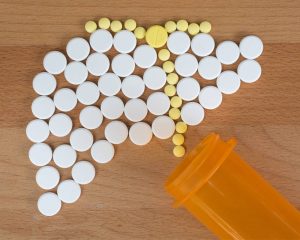Liver conditions can cause various health issues including liver enzymes leaking into the bloodstream. If that happens you’ll have elevated liver enzymes in blood tests. Certain enzymes are more likely to be at high levels in the blood. If you experience these symptoms then there are steps you can take to lower the enzyme levels. Enzymes are important for chemical reactions in the body and the liver needs them to function properly.
Elevated liver enzymes can involve different ones like ALT. This results from different factors like heavy alcohol drinking. It’s important to take steps to lower ALT enzymes and others that leak into your bloodstream. There are various natural ways you can lower these figures like changing your diet or drinking more coffee. These are basic yet effective methods to achieve that goal. You can experience many benefits by using natural remedies including prescription medicines with strong chemicals. For example, natural remedies can help to lower the risk of unwanted side-effects. This is critical to get effective results without experiencing new problems.
What Are Elevated Liver Enzymes?
Various conditions/diseases can result in “elevated liver enzymes.” Your doctor can review your medical condition to figure out the exact cause. This includes factors like medical history, supplements/medicines, tests/procedures, and signs/symptoms.
There are several possible causes but here are some of the most frequent causes:
- Fatty liver disease (non-alcoholic)
- Obesity
- Heart failure
- Hepatitis A/B/C
- Prescription medicines (cholesterol drugs)
- Alcohol drinking
- Over-the-counter (OTC) medicines like Tylenol
There are various other causes including:
- Thyroid disorders
- Liver cancer
- Too much iron stored
- Celiac disease
When these factors affect the patient might experience elevated liver enzymes. This results from liver inflammation/damage that causes the sick organ to leak liver enzymes into the bloodstream. These are other chemicals that leak into their blood. When blood tests are conducted the high liver enzymes show up.
Certain enzymes are most commonly found in the blood. They include ALP, ALT, AST, GGT. These are technical issues but the main takeaway is if you have higher-than-normal levels of these enzymes in your blood it’s a sign that your liver isn’t functioning properly.
The increased levels of liver enzymes are usually slightly higher and short-term. In most cases, this symptom isn’t a sign of serious liver issues. However, it’s still important to get it checked out so you’ll know if there are signs of possible liver problems.
If you already have a liver condition then it’s important to get it checked out. Your doctor can conduct an evaluation and order tests to figure out what’s wrong with your vital organ. There are several causes of high liver enzymes in the bloodstream.
It’s important to get tested to determine the exact cause so you can start getting the treatments you need. For example, up to 100% of heavy alcohol drinkers have a fatty liver, which could be causing higher levels of liver enzymes.
How to Lower Liver Enzymes
1. Folate/Folic acid
Some good options include high-folate foods and folic acid supplements to lower levels of liver enzymes. These terms are often used to mean the same thing. However, they’re very different. For example, folate is B9 that’s found in some foods. Meanwhile, folic acid is an artificial form of B9. As always the best source of nutrients is food over supplements.
There are various high-folate foods you can add to your diet including:
- Asparagus
- Bananas
- Beets
- Brussels sprouts
- Leafy greens (spinach, kale)
- Legumes
- Papaya
You can find several folic acid supplements on the market. Try to take 800 micrograms/0.8 milligrams. Studies show that this is the right amount to lower ALT levels in particular.
2. Diet changes
If you want to prevent/treat non-alcoholic fatty liver disease (NAFLD) then you should go with a low-fat, mod-carb diet. This is one of the main causes of high liver enzymes in the bloodstream. A 2013 study found that swapping in one low-fat, high-veggie meal every day can lower enzymes level in one month.
You don’t have to make big changes to your diet like going vegetarian/vegan. However, the key is to make some tweaks like more fruits/veggies every day.
Here are some items to add to your daily diet:
- Fatty fish (sardines, tuna, mackerel, trout, herring
- Baked/roasted food over fried
- Skinless chicken
- Dairy products (low/no fat)
- High-fiber whole grains
- Unsaturated fats instead of saturated fats
- Fresh fruits/veggies
3. Coffee
If you’re looking for a good reason to drink more coffee here it is. A small study in 2013 evaluated people with Hepatitis C. The study found that the coffee drinkers were 3x more probable to have regular liver enzyme levels versus others. Meanwhile, a 2017 review of several studies found that drinking 1-4 cups of coffee/day helps to lower liver enzyme levels and lower the chance of liver disease/chancer.
Top High-folate Foods
1. Beets
While beet juice has trended in recent decades you should also consider it during meals as a veggie/dessert. Beets are high in several nutrients including Vitamin C, potassium, and manganese. You can get a good amount of all these nutrients.
Betts also provides nearly 40% DV of folate in one cup of the root vegetable. Another important nutrient is “nitrates,” which is a plant compound that can provide several health benefits.
2. Leafy Green
Options like kale, spinach, and arugula are low-calorie and high-nutrient. These green leafy veggies provide a high amount of vitamins and minerals, such as folate. One cup of spinach provides 15% DV of folate. You also get other nutrients like Vitamins A/K that can improve your general health.
3. Wheat Germ
This is the wheat kernel’s embryo. It’s removed during milling but can provide several vitamins, minerals, and antioxidants. A 1-ounce (28g) serving provides about one-fifth DV of the nutrient.
4. Asparagus
This is one of those foods people know about but probably aren’t eating enough of. One serving of cooked veggies provides about one-third of your daily value (DV).
5. Beef Liver
This is one of those foods people tend to love or hate. One reason to consider beef liver is you get nearly 55% DV of folate. You also get many other nutrients like Vitamins A/B12 and copper. Beef is also a “complete protein” so you get all the essential amino acids (EAAs) required from food.
6. Beans/Peas
You have several options. Beans/peas are high in protein, fiber, and folate. One example is kidney beans, which have around one-third of your DV. Another good option is lentils that have a sky-high 90% DV. This makes this healthy food one of the best options for general nutrition and a good option for how to lower liver enzymes.
